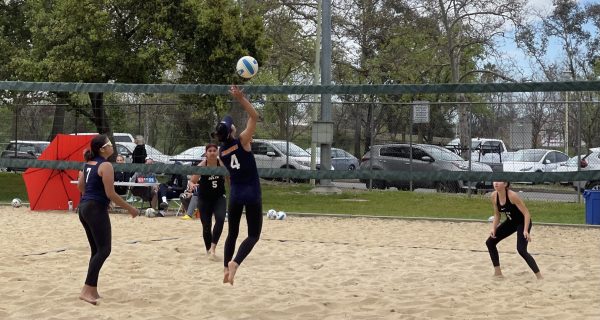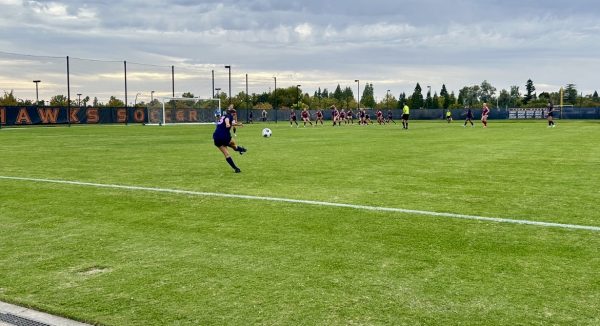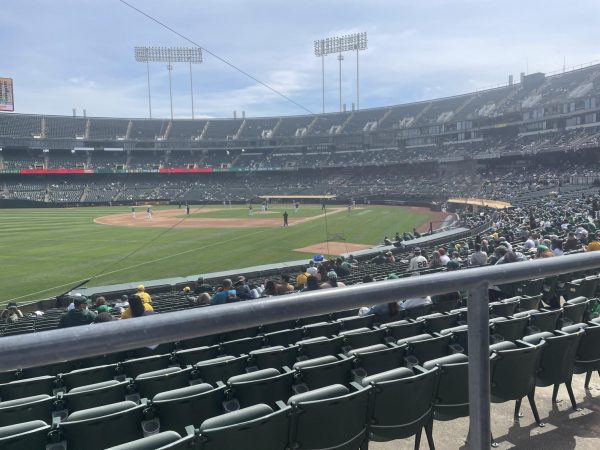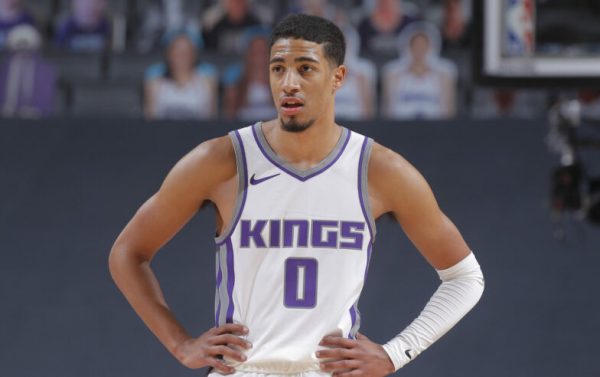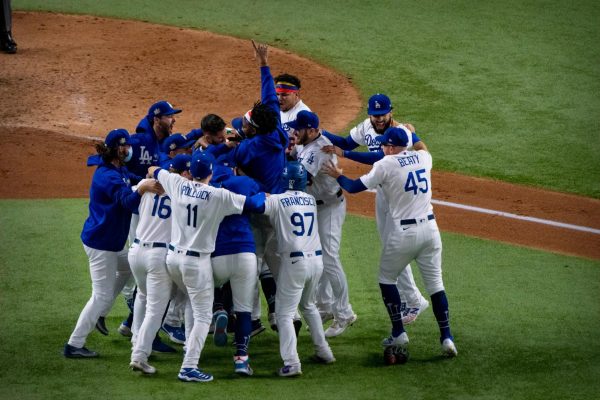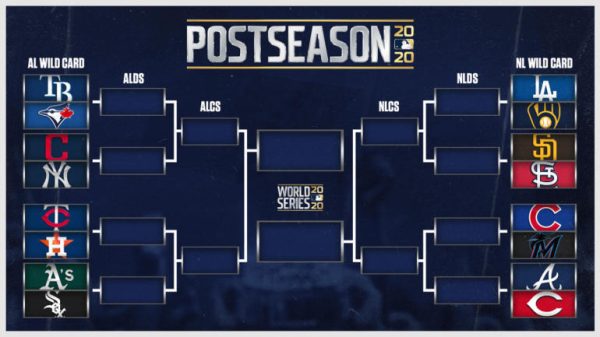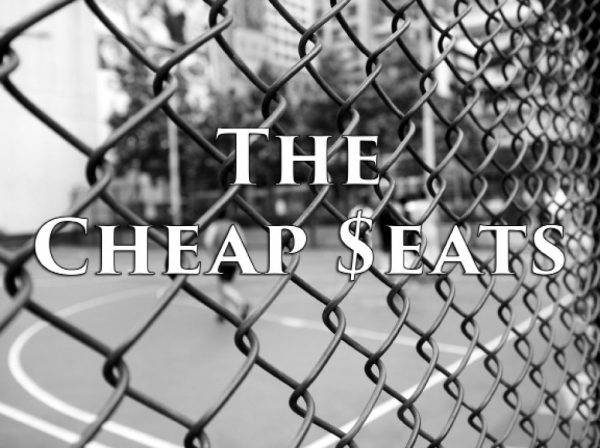Coaches look to both high schools and club teams to recruit athletes
Behind the scenes of the Cosumnes River College Athletic Department, the game of trying to secure the top prospective athletes is always being played, even when the players are not on the field.
Year round, the CRC coaches are working hard to recruit the best and most talented athletes they can. They are constantly traveling to local high school sports matches and doing everything they can to seek out those players that would best fit in their program.
“The first thing is getting a list of the top players; and then going out watching them play, talking to them after they compete, trying to talk to them and tell them a little about our program and what we have to offer,” said head women’s softball coach Kristy Schroeder.
But, some of CRC’s coaches are looking for more beyond high school. They are more interested in the club teams where the more serious and competitive high school players go to compete in their desired sport.
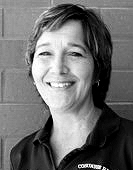
When a player isn’t sure if they want to continue playing volleyball, for whatever reason, I tell them what we can offer in terms of playing in the Big 8 Conference…
— Minet Gunther
“My assistant coach and I attend as many high school and club volleyball matches and tournaments as possible. We put much more emphasis on recruiting from club volleyball teams because it is a much higher level of play. Typically, we’re looking for kids who have played at least two years of varsity volleyball on their high school team and at least two years of club volleyball,” said co-head volleyball coach Minet Gunther.
According to the California Community College Athletic Association’s bylaws, which the CRC coaches are bound by, they are only allowed to recruit players from local high schools.
“That kind of narrows things down a little bit too because you’re focused mostly on the travel ball teams in your area, and you’re looking at student athletes that are competing at high schools that are in your area,” Schroeder said.
As the recruiting process moves on, the athletes that are being recruited are more often than not forced into a grey area between playing at the next level or just focusing on education. The coaches don’t take lightly to this situations as they have a big bag of tricks that they use to close the deal.
“This situation occurs quite often, unfortunately,” Gunther said. “When a player isn’t sure if they want to continue playing volleyball, for whatever reason, I tell them what we can offer in terms of playing in the Big 8 Conference, which for volleyball is the strongest conference in Northern California, and the possibility of moving on and playing at a four-year college. In addition, I tell them what about all the great support services we offer our student-athletes, i.e. having a counselor assigned for the athletes, the Study Center, our wonderful facilities and the incredible support we get from our staff, other faculty and the administration.”
While four-year universities have their own back of tricks to recruit players, sometimes they benefit the community college level.
“A lot of the kids are still trying to get scholarships at four-year colleges, but sometimes academically they have struggles, and then you can kind of close the deal,” Schroeder said. “It’s helped us that the four-year colleges try to get their commitments a lot earlier now. So now we know in their senior year, we kind of know these kids aren’t committed, so we can go after them a little bit harder.”
For coaches, the recruiting process is a long and tough one, but in the end, their hopes are to create a championship team and give these athletes enough confidence to go on and further their careers.

